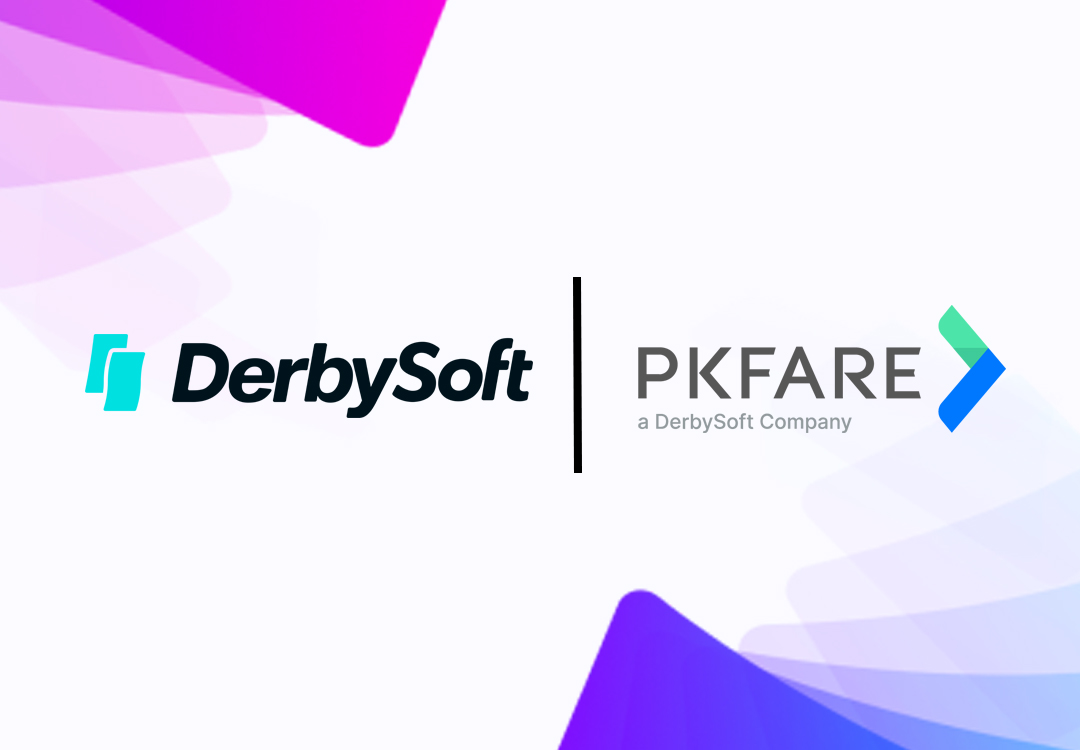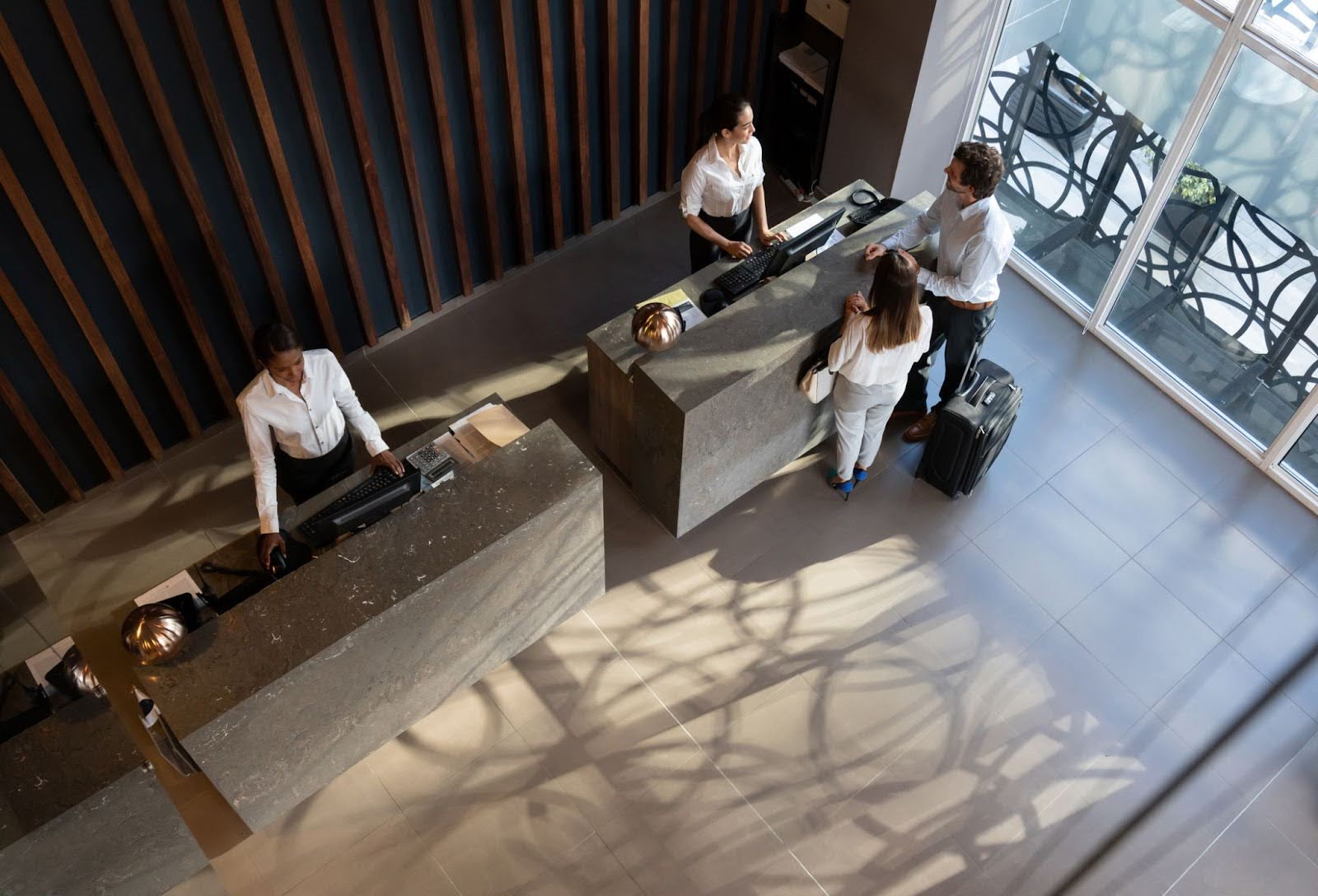An effective distribution strategy is crucial for every successful hotel or franchise. It plays a vital role in connecting potential guests with the right properties at just the right time and the right price. This leads to a consistent conversion of prospects into actual guests, opening up promising revenue streams.
Hotel distribution is a complex task. Most of the time, hotels use multiple distribution channels without knowing which one gives the best outcome. This lack of clarity affects their ability to boost their revenue and occupancy levels. According to a recent study by Phocuswright, hotels with a solid distribution strategy saw a 12% increase in bookings compared to others.
Effective distribution management calls for precise decision-making, the use of technology, and a commitment to data-driven methods. However, putting this into practice can be easier said than done. Implementing these strategies can be much more complex than it sounds, often leading to significant challenges in ensuring smooth and profitable operations.
1. Lack of Data
Many hotels also make the error of underestimating the power of data. Without proper data analysis, hotels may not fully understand their market, target segments, competition, or performance. Today’s guests have a wide range of choices, giving them more control than ever. Misunderstanding their preferences could lead to significant losses. It’s crucial that hoteliers understand these shopping and booking tendencies in their distribution strategy.
Additionally, the importance of recognizing regional differences in customer tendencies should not be overlooked. For instance, German and French customers may speak different languages but also have distinct booking behaviors. Understanding how each channel performs on individual properties can provide valuable data for those running hotel chains. This information helps you examine the impact each channel has on your business. Since these trends can shift rapidly, it’s vital to monitor channel performance daily and make adjustments as needed.
2. Not Offering Personalized Services
Many hoteliers overlook the importance of offering personalized services to their guests. Today’s guests crave unique experiences. By providing generic services, you risk losing these guests to competitors who put a premium on personalization. Personalization can include everything from offering preferred room options based on past bookings to leveraging data analytics to predict a guest’s needs during their stay.
3. Not Keeping Up with Industry Trends
Another common mistake is not staying updated with the rapidly changing hospitality industry. The industry keeps evolving with new technological advancements and trends. If your distribution strategies don’t keep up with these changes, you risk being left behind by your competitors. To stay competitive, it’s critical to be aware of industry changes and quickly adjust your strategies accordingly.
These common mistakes in hotel distribution strategy can significantly affect a property’s booking performance. Even the most minor mistakes can have far-reaching consequences. Distribution strategy errors can significantly influence key booking performance metrics, ultimately affecting a hotel’s bottom line. Explore how these mistakes impact revenue, occupancy rates, and customer satisfaction.
What Happens When Distribution Goes Wrong?
Small distribution mistakes in the hotel industry can lead to big problems. These mistakes can affect bookings, revenue, and guest satisfaction. Let’s examine how these mistakes can harm your hotel’s performance.
- An incorrect rate or room count across channels or non-competitive rates can lead to missed earnings. Incorrect room availability can lead to overbooking or empty rooms and lost revenue.
- Distribution errors can also hurt occupancy rates. If room availability isn’t accurate, rooms may remain unbooked, leading to lower occupancy. This can harm the hotel’s reputation and future bookings.
- A bad hotel booking experience can lead to unhappy guests. Errors like wrong room descriptions, missing amenities, or different pricing can badly affect their stay. This can result in bad reviews, a damaged reputation, and fewer repeat bookings.
- One hotel chain experienced a massive drop in bookings and revenue. It took several weeks to fix the problem and regain its market position after a technical issue in its distribution system caused incorrect room prices on online platforms.
- A boutique hotel suffered from frequent guest complaints, bad reviews, and decreased occupancy rates due to a consistent overbooking problem caused by an inaccurate room availability display.
These examples show how important a sound distribution strategy is. Even small mistakes can impact bookings, revenue, and guest satisfaction. Hotel owners must check their distribution channels to prevent these issues and keep their hotels successful in a tough industry.
Improving Hotel Bookings with Practical Solutions
Poor distribution strategies can hinder hotel booking performance. Fortunately, these mistakes can be fixed, and distribution efforts can be optimized with practical strategies and smart technology use.
Using technology can significantly improve hotel distribution and booking performance. Hotels can manage their distribution more effectively using modern tools and systems and get ahead of the competition. Key technology solutions include:
- Using software to automatically update inventory and ensure consistent rates across all distribution channels, Using a channel manager is about more than just streamlining your channel management. As a source of data, this tool is essential in helping make informed distribution decisions.
- Using revenue management systems that make use of data analysis and machine learning to set optimal prices and manage resources effectively
- Optimizing the booking engine to create a user-friendly experience, encouraging more direct bookings through the hotel’s website
- Integrating different hotel systems to personalize marketing efforts and make guest engagement more effective
By adopting these latest technological solutions, hoteliers can improve their distribution strategy, minimize manual errors, and witness improved booking performance.
Using Technology to Improve Distribution Strategy
Technology is vital for optimizing distribution strategies and enhancing booking results in today’s fast-moving and highly competitive hotel industry. With innovative solutions easily available, hotels can utilize various tools to streamline distribution, improve efficiency, and deliver better results.
Partnering with a reputable and innovative distribution service provider like DerbySoft can be a game-changer. DerbySoft offers a range of services, including channel management, content management, and digital marketing. Their advanced technology and industry expertise can help hotels avoid common distribution mistakes and achieve revenue goals.
DerbySoft services can help hotels avoid these common mistakes. Our comprehensive distribution and marketing services help hotels diversify their distribution channels, optimize their online presence, use data analytics, personalize offerings, and stay up-to-date with industry trends. This can lead to a more effective and profitable distribution strategy.
Ready to discover how DerbySoft can elevate your hotel’s performance and connectivity? Visit us at derbysoft.com to explore our solutions and unlock new opportunities for growth.
About the Author
Duane Overgaard is the President of Connectivity and Senior Vice-President of DerbySoft. With over 30 years of experience in the hospitality industry, he has a diverse skill set that includes account management, business development, and contract negotiation.

You might also be interested in
Interested in
Learning More?
Subscribe today to stay informed and get
regular updates from DerbySoft





